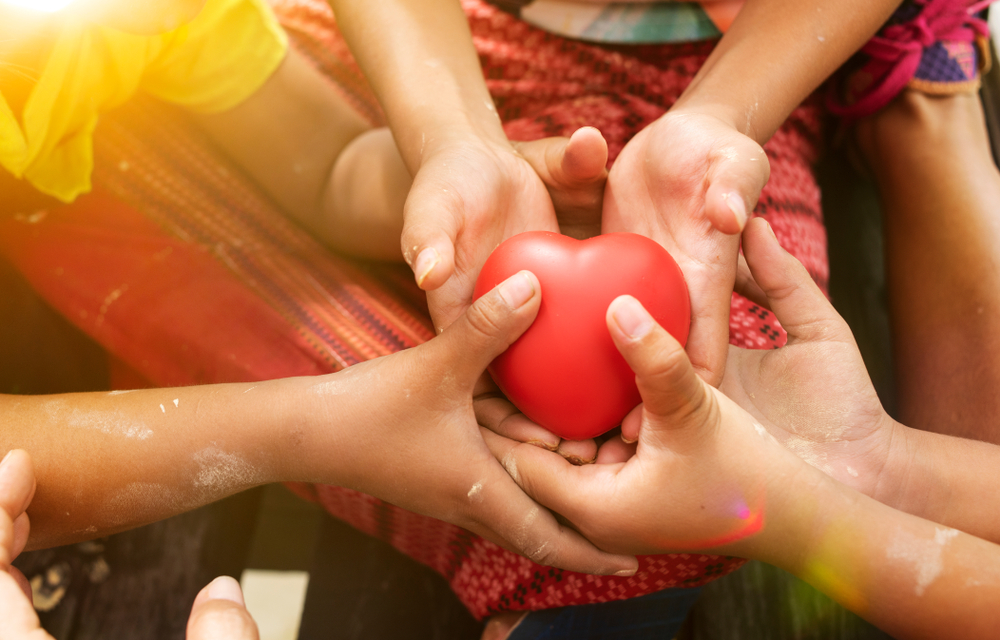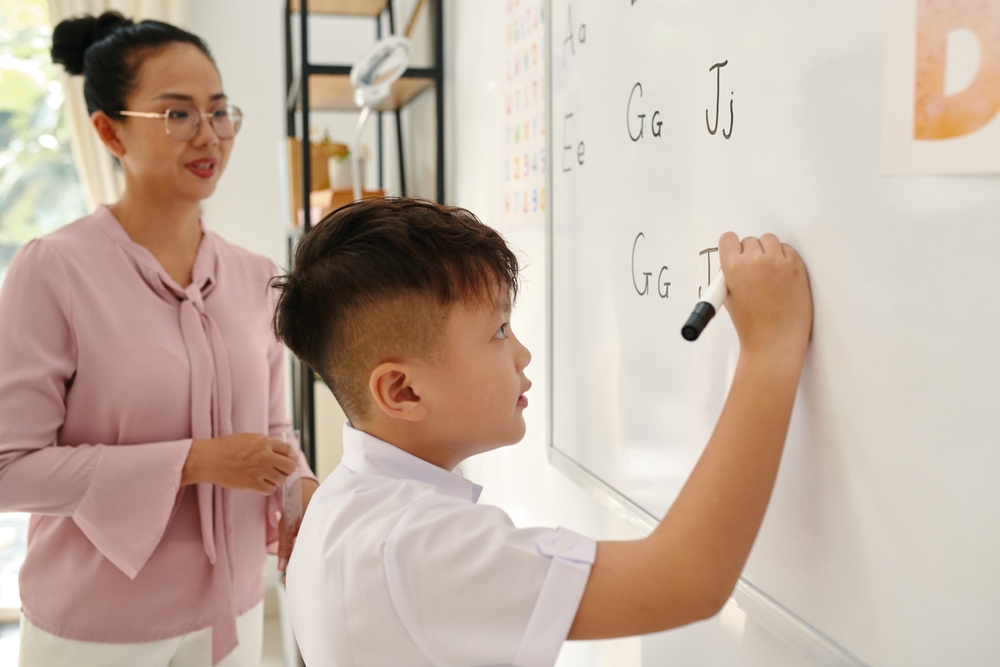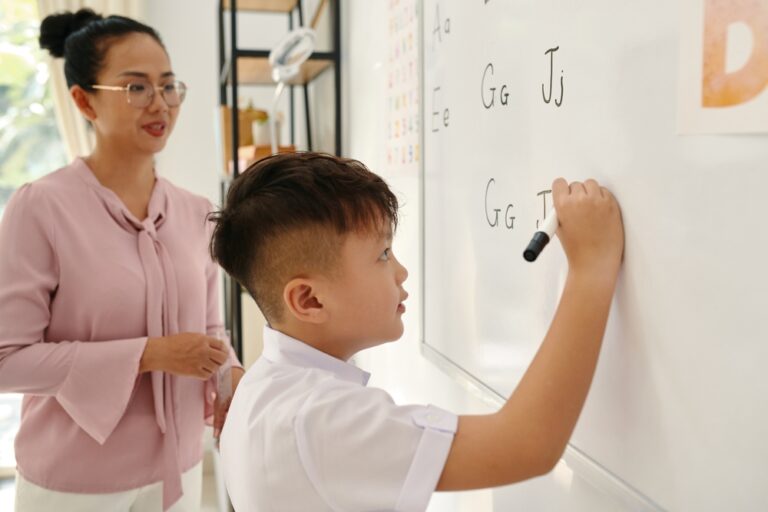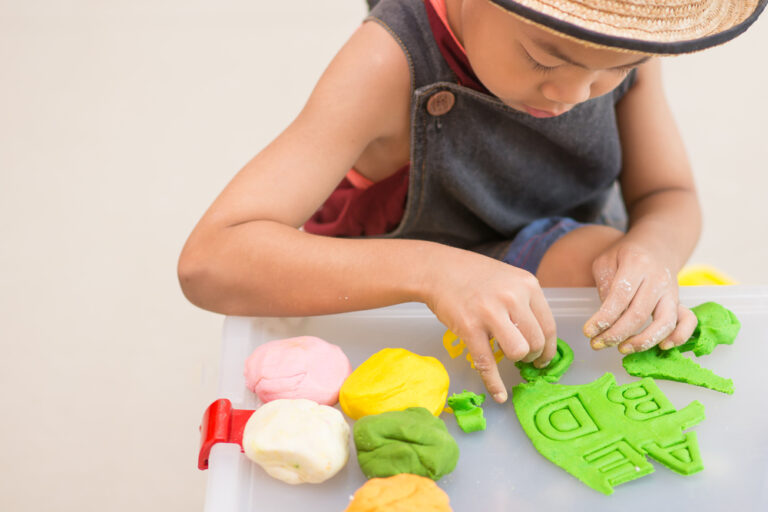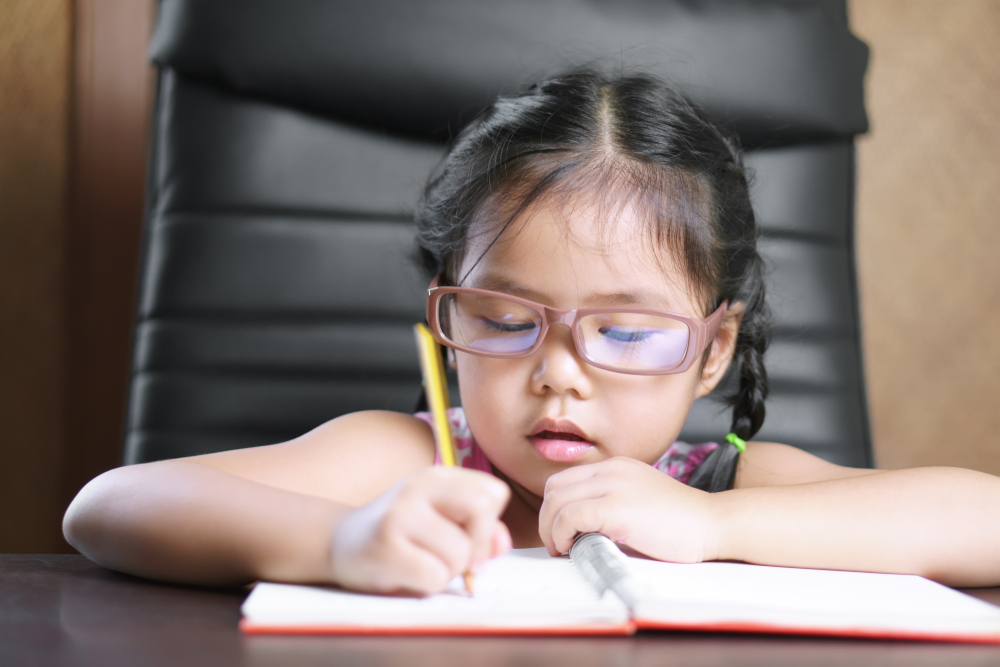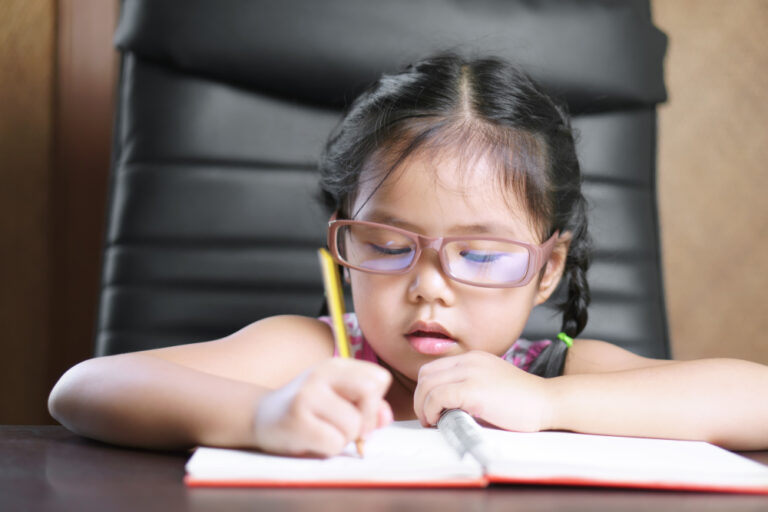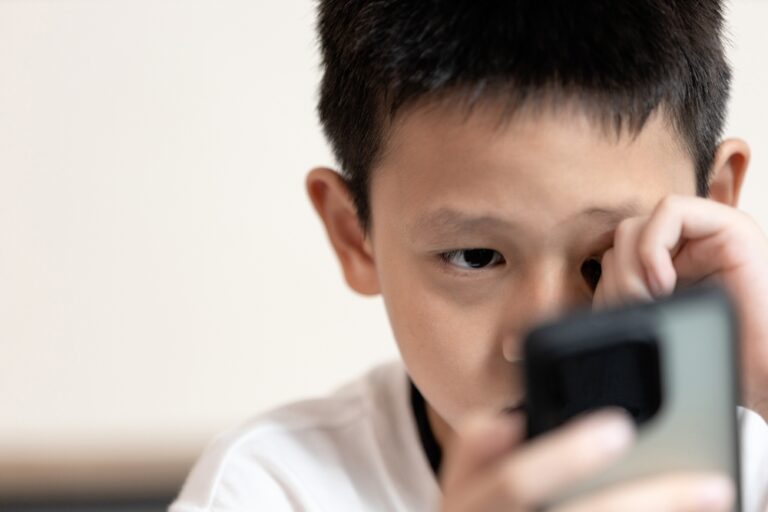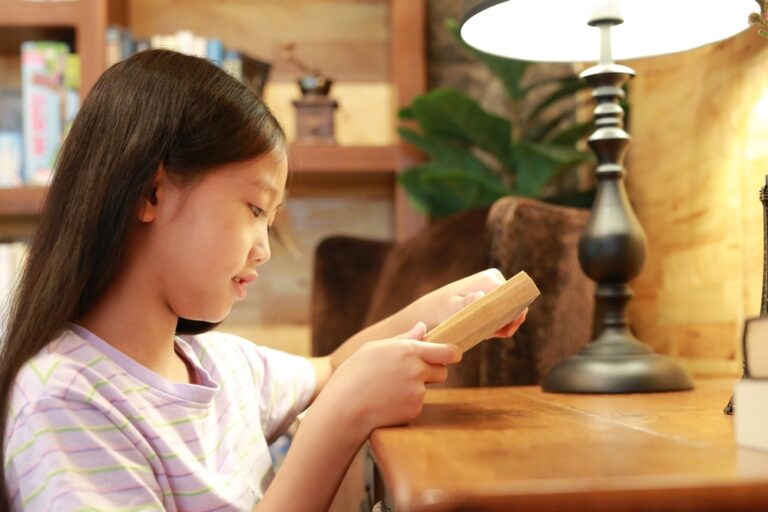Parenting Tips
September 2024
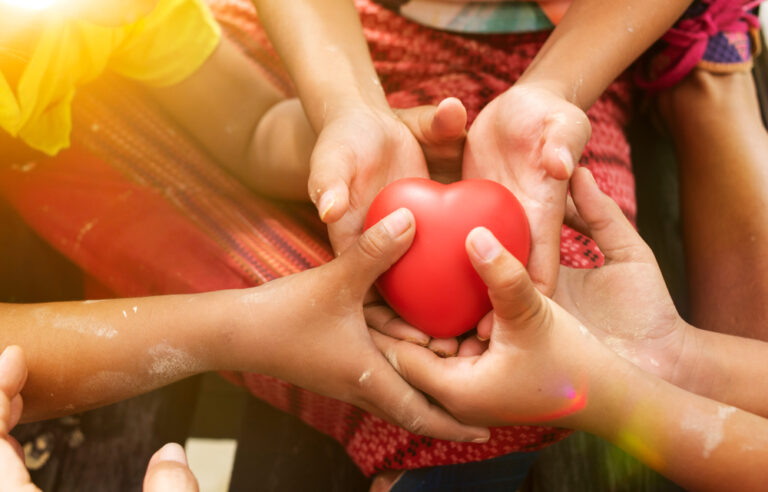
by Dr. Cheuk Wong Wing Sze
Recently, with the unstable weather and frequent rain, I encountered a group of high school students waiting in line for the bus. To my surprise, one female student was without an umbrella, looking very disheveled. Quickly, I shared my umbrella with her. They were all in the same school uniform, possibly not well-acquainted with each other, yet seeing a fellow student in such a state, I wondered why no one else was willing to share their umbrella with her. This incident reminded me of the importance of fostering empathy from a young age.
1. Empathy as the Foundation
American psychologist Daniel Goleman, in his book “Working with Emotional Intelligence,” points out that the ability to handle interpersonal relationships is based on empathy. By trying to perceive the needs of others and caring about their perspectives, one can understand their viewpoints, recognize their emotions, respond to their feelings, and enhance their own empathy. In essence, stronger empathy leads to better interpersonal relationships, and vice versa.
2. Recognizing Others’ Emotions
Through perspective-taking, understanding others’ emotions and thoughts is essential for empathizing and problem-solving from their standpoint. It is crucial to educate children from a young age to first recognize their own emotions. In Asian communities, emotions are often more reserved, with a wide range beyond just happy or sad. Teaching children that emotions are neither good nor bad but have appropriate and inappropriate ways of handling them is vital. For instance, it’s okay to feel angry, and when angry, expressing it to someone is acceptable, but resorting to violence is not. Understanding one’s emotions from a young age facilitates empathy towards others and gradually nurtures empathy.
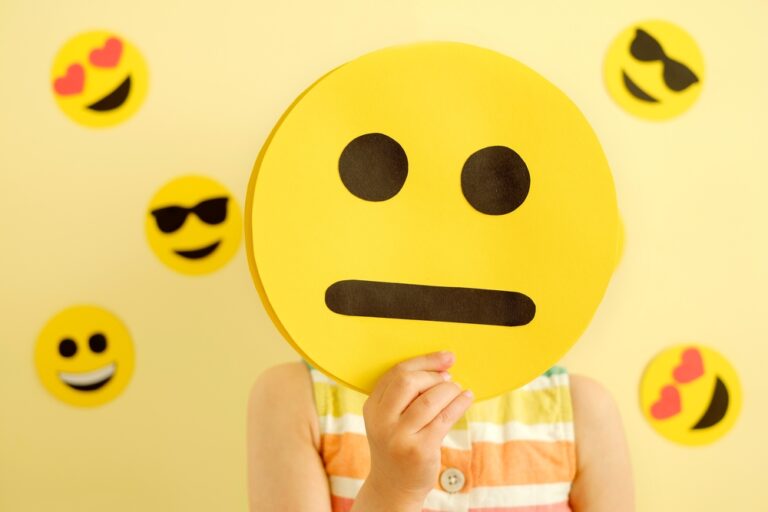
3. Perceiving Others’ Needs
In the bustling city of Hong Kong, where everyone is occupied, people often have their heads down engrossed in their phones, paying less attention to those around them. Teaching children to recognize their emotions and those of others from a young age helps them become more sensitive to the needs of others as they grow up.
I firmly believe that cultivating empathy in children from a young age is crucial. Recently, the Education Bureau has been advocating values education, which includes empathy. By fostering understanding of others’ feelings and needs from a young age, empathizing with others and putting oneself in their shoes, the world can become a better place.
Reference:
Daniel Goleman (1998). “Working with Emotional Intelligence.” Times Publishing Limited.

